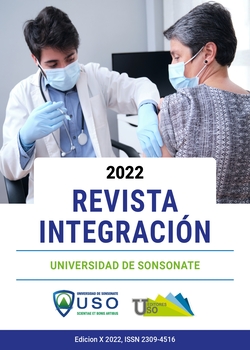Abstract
El Salvador is a Central American country with a 320 km coastline along the Pacific Ocean, divided into two regions: the low coast and the high coast. These coastal areas account for more than 25% of the country's total population, mostly women and individuals under 18 years of age. The objective of this research was to assess the educational competencies in terms of knowledge, skills, and attitudes of families living in these coastal zones, specifically in areas related to literacy, formal education, and the use of technology. In doing so, existing educational gaps were identified. To this end, a survey was conducted with 1,810 families, interviewing one member from each household.
The survey results reveal that 22.6% of respondents have no formal education; the average number of years of schooling is 2.72, showing a significant disparity compared to the national average of 7.1 years in 2019. Additionally, 19.3% of respondents cannot read or write, and only 31.5% know how to use a computer. These results, combined with the low levels of technical training and education among individuals involved in the management of coastal and marine resources, result in relatively low wages


